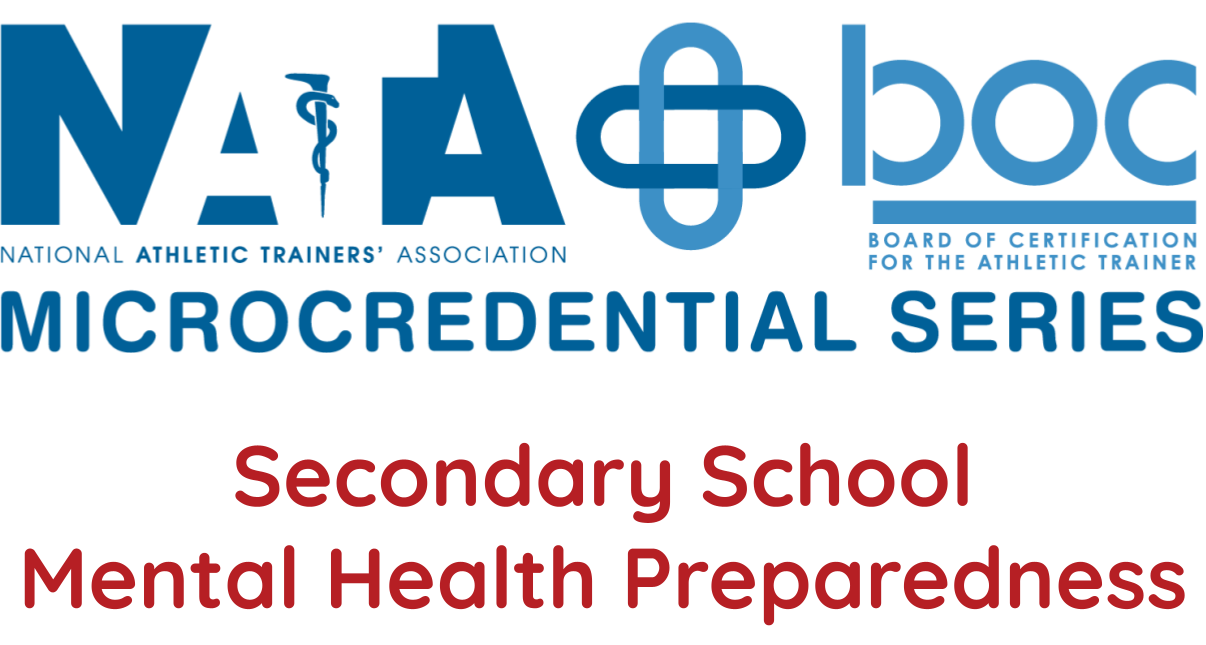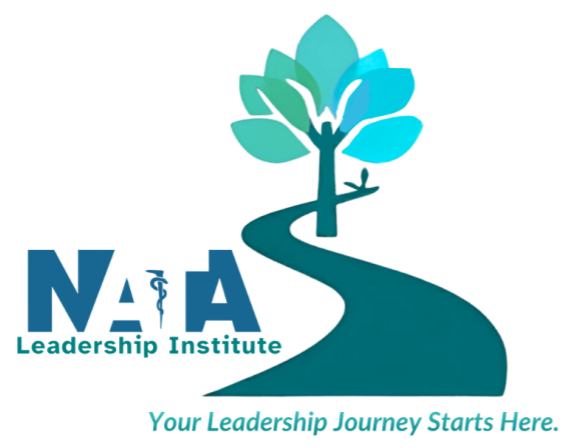
Facts and Fables About Exercise-Associated Muscle Cramps
-
Register
- Non-member - $25
- Member - Free!
- Student - Free!
- Staff - Free!
- Certified Student - Free!
- Retired - $15
Abstract:
The cause of exercise-associated muscle cramping (EAMC) is unclear and controversial. Consequently, Athletic Trainers use treatment and prevention strategies that are often not rooted in evidence. This presentation will help clinicians by critically-appraising 8 myths on EAMC treatment, prevention, and pathogenesis. The myths are (1) every athlete is susceptible to EAMC; (2) EAMC are purely physiological; (3) sport drinks will help relieve EAMC by replacing the electrolytes lost during exercise; (4-6) eating mustard, bananas, or pickle juice can relieve EAMC by replacing electrolytes; (7) stretching before exercise can prevent EAMC; and (8) crampers are salty sweaters and super sweaters
Objectives:
- Participants will be able to describe methods to identify athletes most at risk of developing EAMC.,
- Participants will be able to describe why certain treatment and preventative strategies are unlikely to prevent or treat EAMC.,
- Participants will be able to develop EAMC prevention protocols based on an athlete´s unique risk factors.
Level:
Advanced
Domains:
Domain 1: Risk Reduction Wellness and Health Literacy
Domain 2: Assessment Evaluation and Diagnosis
Domain 4: Therapeutic Intervention
CEUs:
1.0 Category A
Keywords: EAMC, exercise-associated, muscle, cramping, cramp, treatment, prevention,
Enhanced Access On-Demand Course Expiration:
Access to this course will expire at the end of the membership year on December 31 at 11:59 p.m. CST.
For full details, refer to the Expiration Date Policy on our FAQ page.
Kevin Miller, PhD, AT, ATC
Dr. Kevin Miller is a Professor and Athletic Trainer in the Athletic Training Program at Texas State University. His research interests include the causes, treatments, and prevention of exertional heat illness with a specific emphasis on exercise-associated muscle cramping and exertional heat stroke in American football players.
He has published over 65 peer-reviewed manuscripts in medical journals and presented over 100 international, national, or regional presentations on topics related to heat illness. He has Chaired and co-authored several national and international position statements including the 2021 NATA Roundtable on the Prehospital Care of Exertional Heatstroke, the 2015 NATA Position Statement on Exertional Heat Illness; the Statement of the Third International Exercise-Associated Hyponatremia Consensus Development Conference; and the NATA round table on Malignant Hyperthermia in Physically-Active Populations.
He was the recipient of the 2019 MATS Distinguished Athletic Trainer Award, the 2022 GLATA Outstanding Educator Award, and the 2022 NATA Professional Development Excellence Award. Stories about his research have appeared in the New York Times, Men’s Health Journal, the BBC, and National Geographic, to name a few.
He is a member of the Korey Stringer Institute’s Medical and Science Advisory Board; an Associate Editor for the Journal of Athletic Training; a member of the Editorial Boards for the Journal of Athletic Training; Exercise Physiology; Sport and Exercise Nutrition; and Athletic Training and Sports Health Care; and member of the NATA’s Convention Program Committee.


